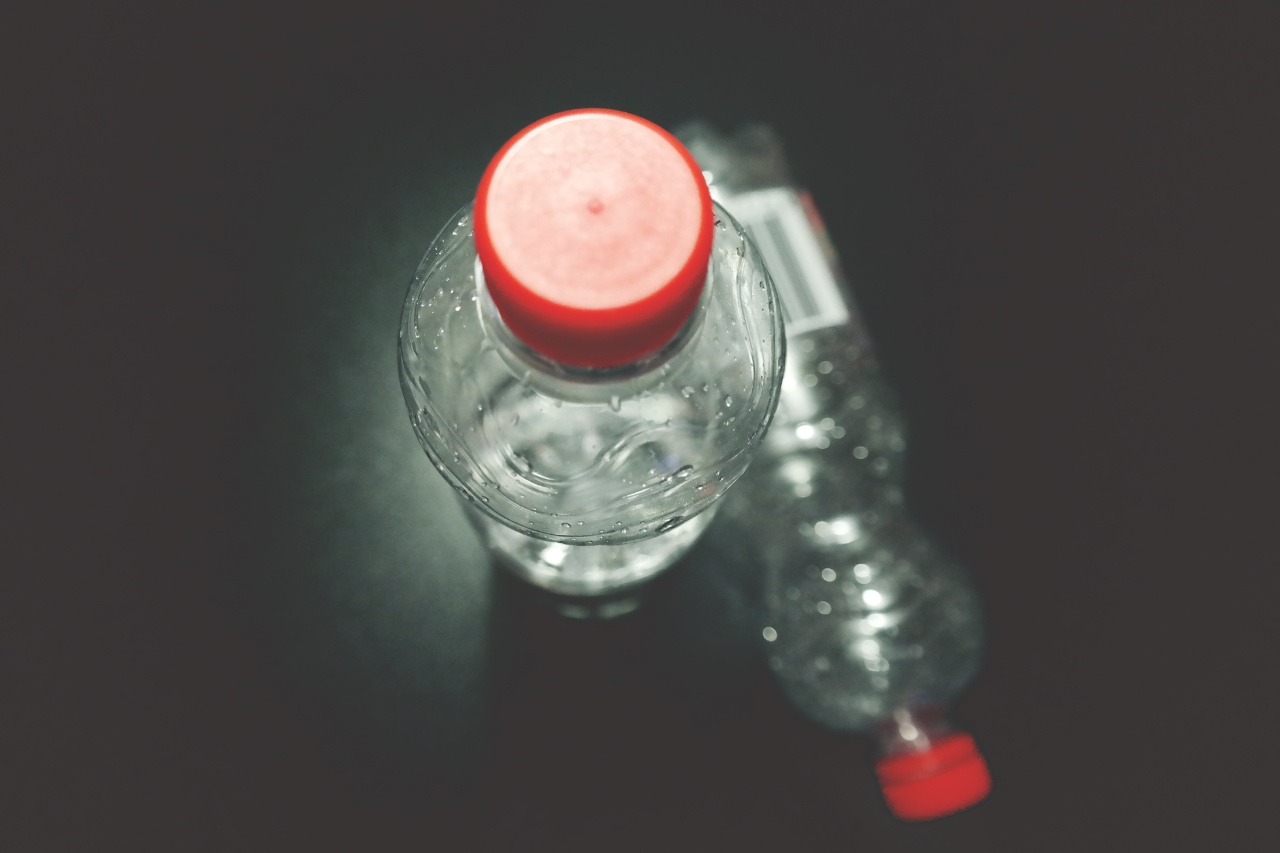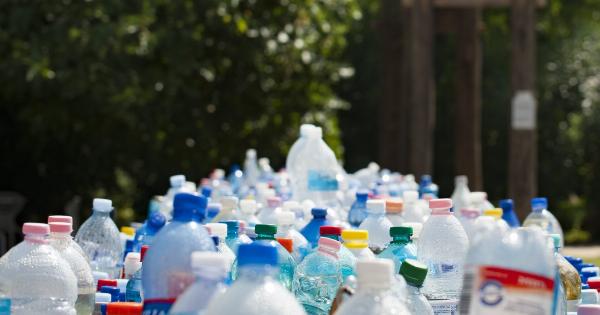Plastic bottles have become an integral part of our daily lives, providing a convenient way to carry and store liquids.
However, the rising concerns over the health risks associated with reusing plastic bottles have sparked a debate on whether it is safe to do so. In this article, we will explore the potential health risks of reusing plastic bottles and discuss ways to mitigate these risks.
The Dangers of BPA
Bisphenol A (BPA) is a chemical commonly found in plastic bottles and other everyday products. It is used in the production of polycarbonate plastics and epoxy resins, which give plastic bottles their durability and transparency.
However, BPA has been linked to a range of health issues, including hormone disruption, reproductive problems, and increased risk of certain cancers.
Leaching of Harmful Chemicals
One of the primary concerns with reusing plastic bottles is the leaching of harmful chemicals into the liquids we consume.
When plastic bottles are repeatedly used and washed, they may start to degrade, leading to the release of BPA and other toxic substances into the contents of the bottle. This leaching process can be accelerated by heat, such as when plastic bottles are left in a hot car or exposed to sunlight.
Bacterial Contamination
Another potential health risk of reusing plastic bottles is bacterial contamination.
Even with proper washing, it can be challenging to completely remove bacteria from the small crevices and scratches that can develop over time on the surface of the bottle. This can create an ideal breeding ground for bacteria, potentially leading to illnesses such as diarrhea, vomiting, and even more severe infections.
Potential Mold Growth
In addition to bacterial contamination, reusing plastic bottles may also promote the growth of mold.
Mold thrives in moist environments, and if leftover water or other liquids are not properly dried from the bottle, it can provide an ideal environment for mold spores to multiply. Inhaling or ingesting mold can trigger allergic reactions and respiratory problems, especially in individuals with pre-existing allergies or respiratory conditions.
Chemical Transfer from Other Products
Aside from the risks associated with the bottle itself, reusing plastic bottles may also result in chemical transfer from other products.
For example, if a plastic bottle is used to store detergent or cleaning chemicals and then reused for drinking water, residual traces of these substances can contaminate the water inside. Ingesting even small amounts of these chemicals can have adverse effects on health.
Bottle Quality and Durability
Although many plastic bottles are marketed as reusable, their quality and durability can vary significantly.
Over time, repeated use, washing, and exposure to various environments can cause plastic bottles to develop cracks, scratches, or other forms of damage. These damaged areas can harbor bacteria, promote chemical leaching, and compromise the overall safety of reusing the bottle.
Alternatives to Plastic Bottles
To mitigate the health risks associated with reusing plastic bottles, there are several alternatives available:.
- Glass Bottles: Glass bottles are a safe and eco-friendly alternative to plastic. They do not leach chemicals, are easy to clean, and have a longer lifespan. However, they can be more fragile and heavier to carry.
- Stainless Steel Bottles: Stainless steel bottles are lightweight, durable, and do not impart any flavors or odors to the liquids stored in them. They are also generally easier to clean and resistant to bacterial growth.
- Reusable Plastic Bottles: Some manufacturers produce plastic bottles specifically designed for multiple uses, with safer materials and improved durability. Look for bottles that are labeled as BPA-free and made from high-quality materials.
Best Practices for Reusing Plastic Bottles
If you choose to reuse plastic bottles, it is essential to follow these best practices to minimize potential health risks:.
- Choose bottles labeled as BPA-free to minimize exposure to harmful chemicals.
- Regularly inspect plastic bottles for any signs of damage, such as cracks or scratches, and replace them if necessary.
- Wash bottles thoroughly with hot, soapy water after each use, paying particular attention to the cap and crevices where bacteria may accumulate.
- Avoid subjecting plastic bottles to excessive heat or prolonged sunlight, as this can accelerate chemical leaching and degradation.
- Consider using plastic bottles for shorter periods, such as a few weeks, before recycling them to reduce the risk of bacterial contamination and chemical leaching.
Conclusion
The health risks associated with reusing plastic bottles are a cause for concern. Chemical leaching, bacterial contamination, mold growth, and the potential transfer of harmful substances from other products can all pose threats to our health.
Fortunately, there are alternatives to plastic bottles available, such as glass and stainless steel, which offer safer alternatives for carrying and storing liquids. If reusing plastic bottles is unavoidable, it is crucial to adopt proper hygiene practices and regularly inspect the bottles for any signs of damage.
By being mindful of these risks and making informed choices, we can reduce the potential harm to our health.






























